
The Te Whāriki curriculum, which is prescribed by the framework, emphasizes a holistic approach to learning and values children as competent learners. It considers their unique perspectives, family contexts, and cultural backgrounds.
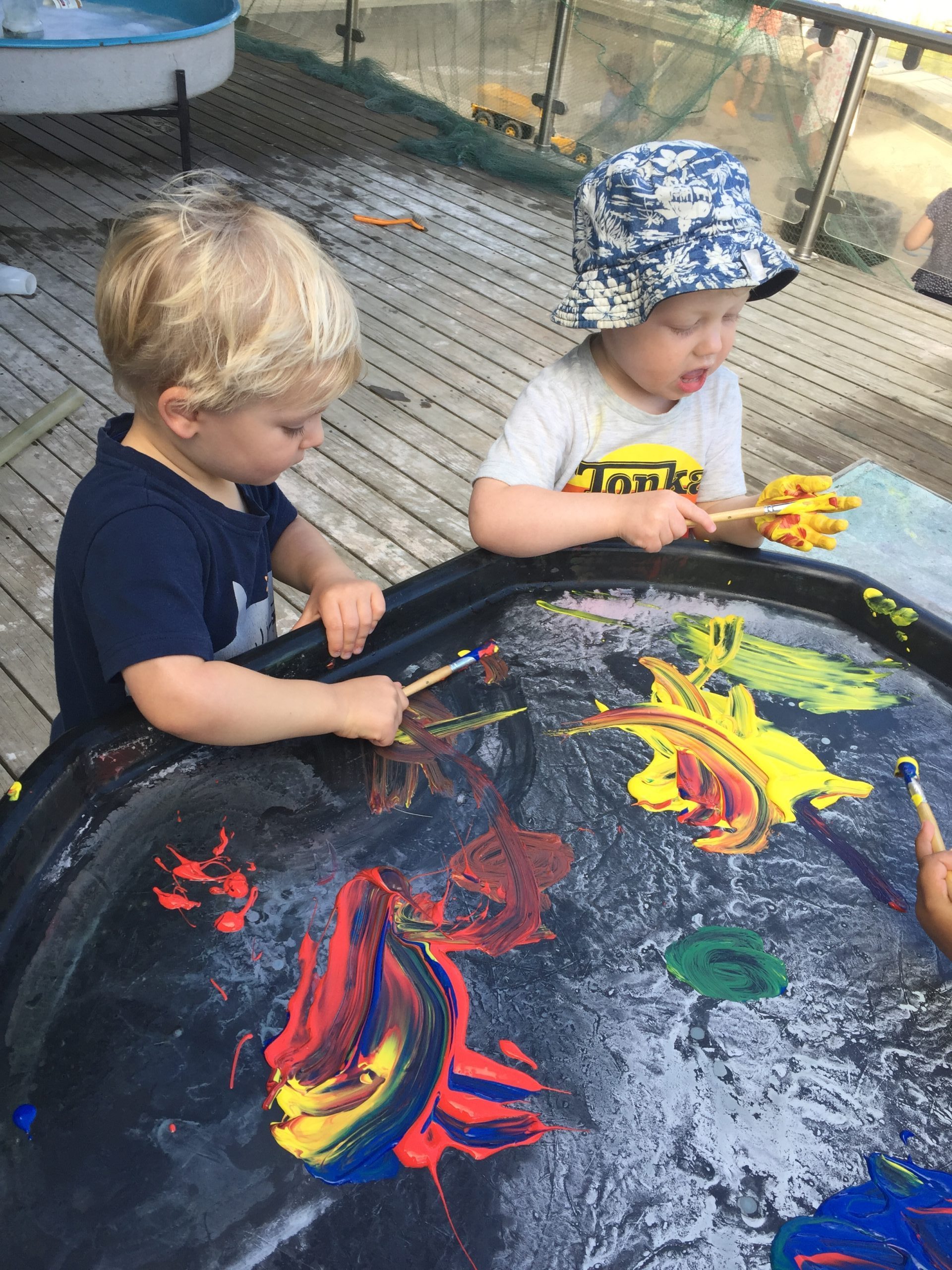
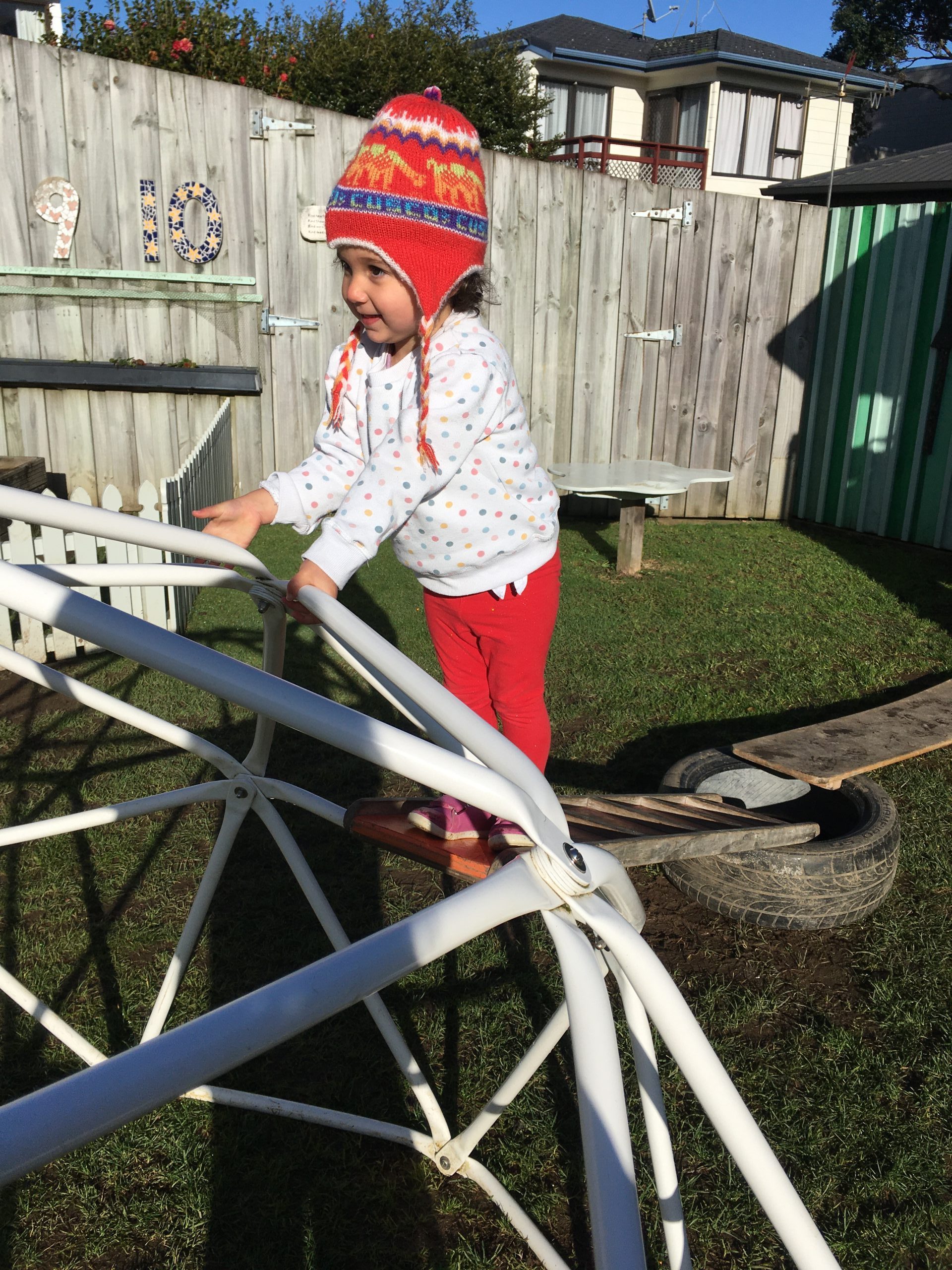
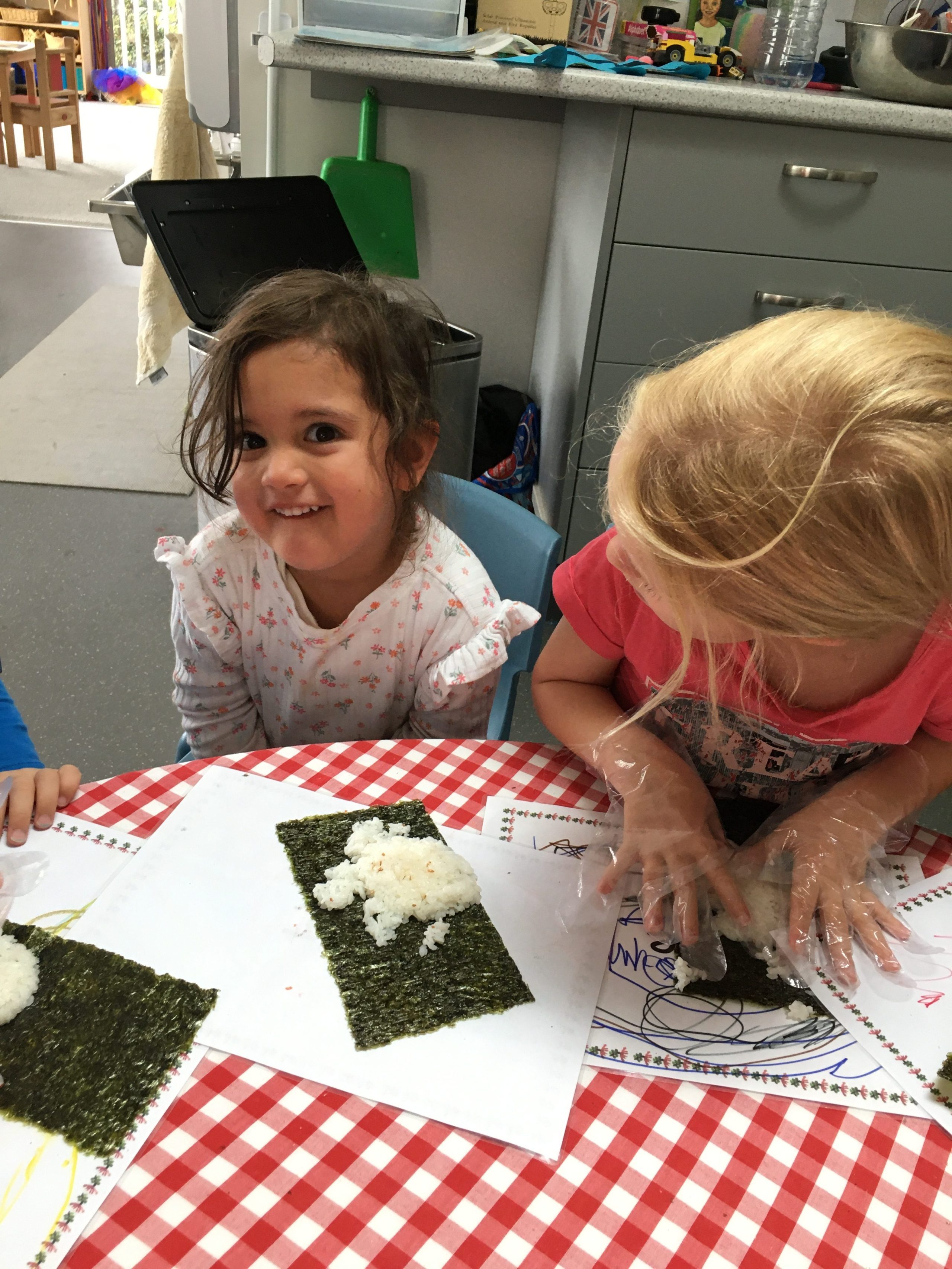
These foundational principles guide early childhood education (ECE) practices. They emphasize holistic learning and growth, respecting children’s individuality, and fostering positive relationships with families and communities.
The framework identifies several strands that form the basis of ECE curriculum:
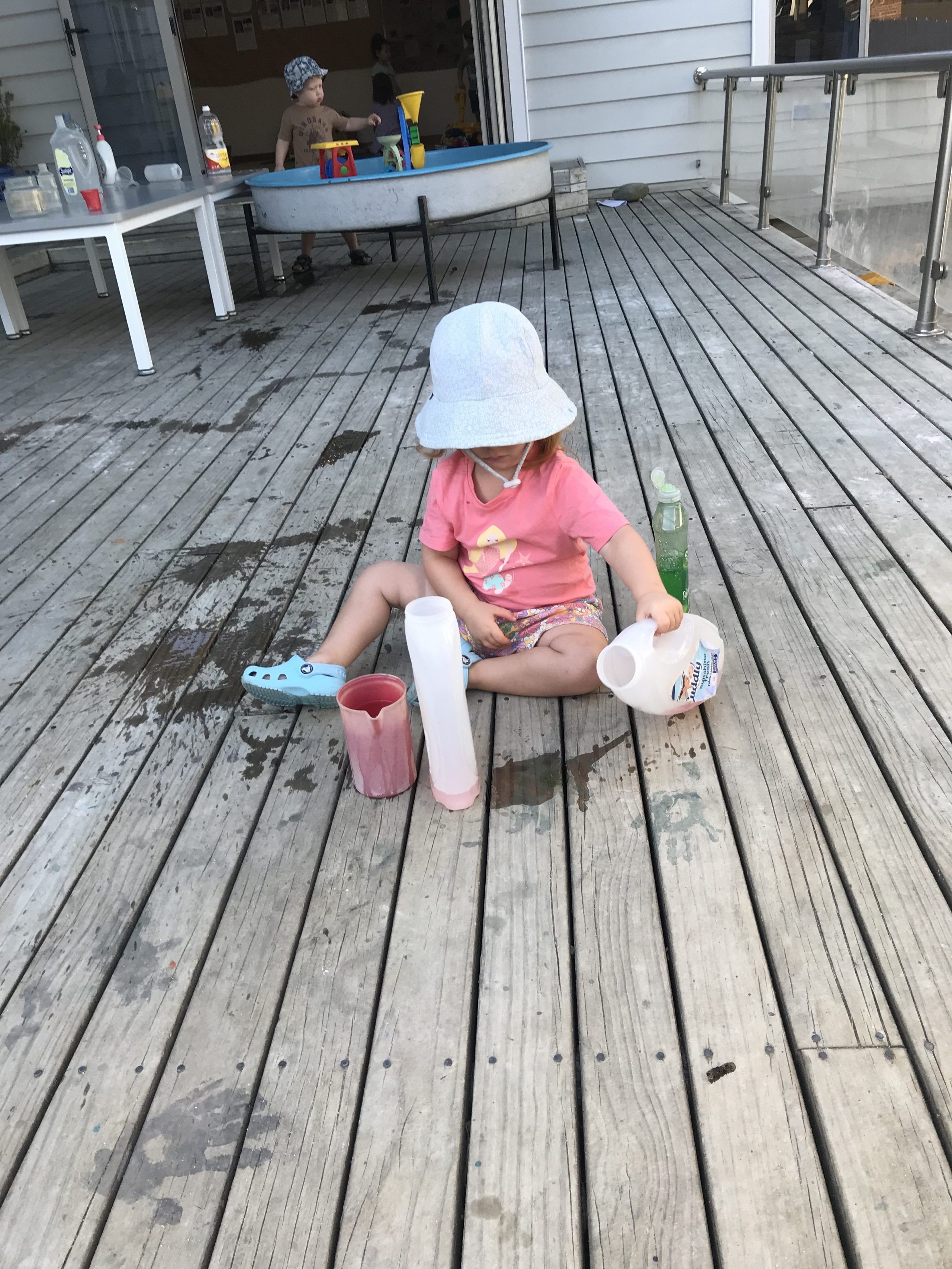
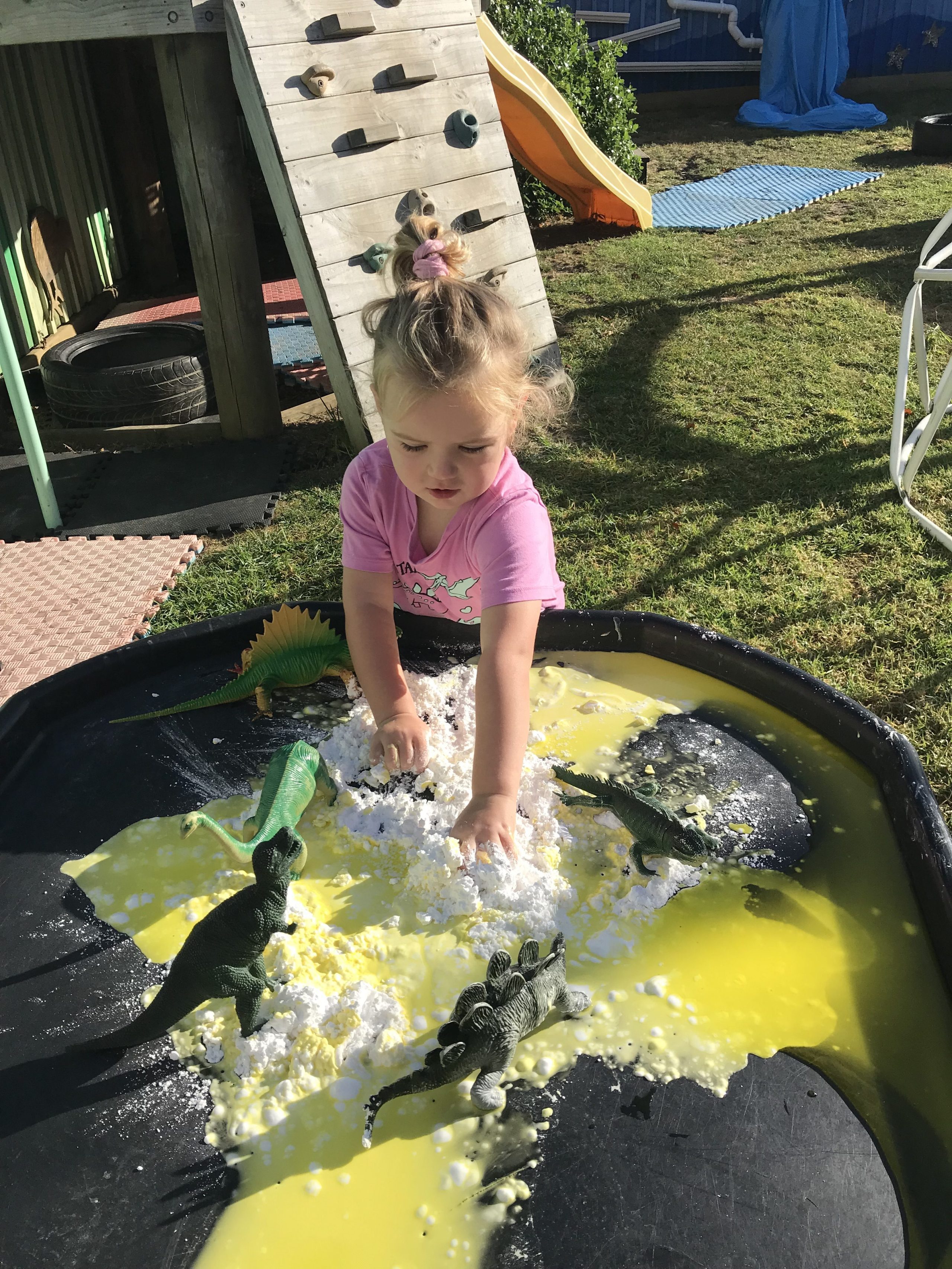
These describe what educators aim to achieve through the curriculum. They guide teaching practices and support children’s development across various domains.